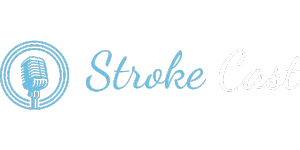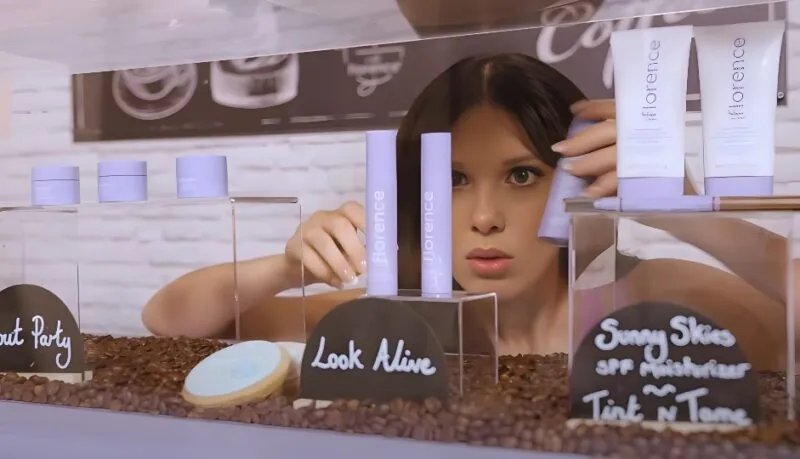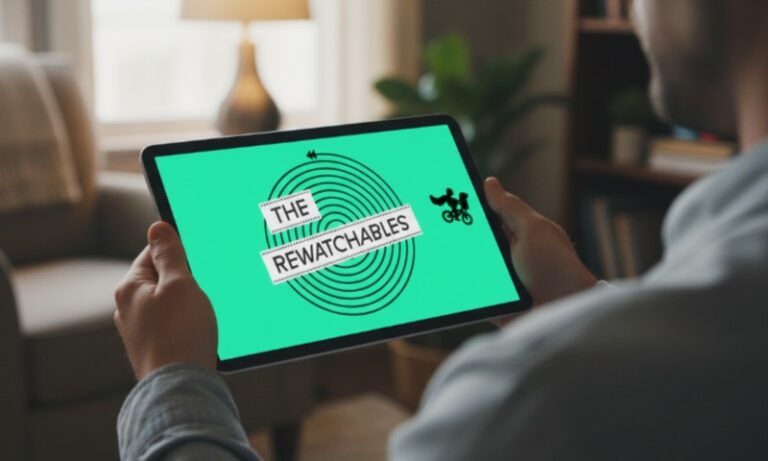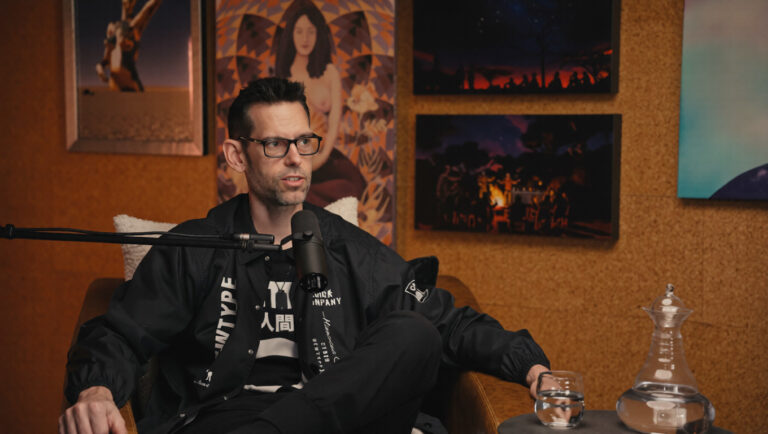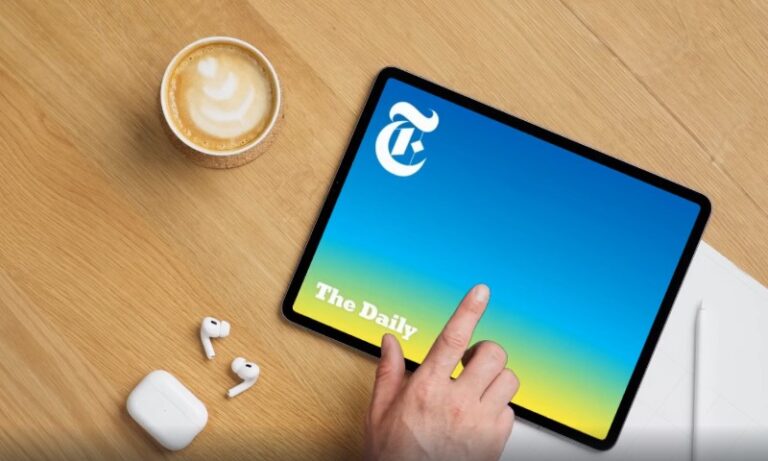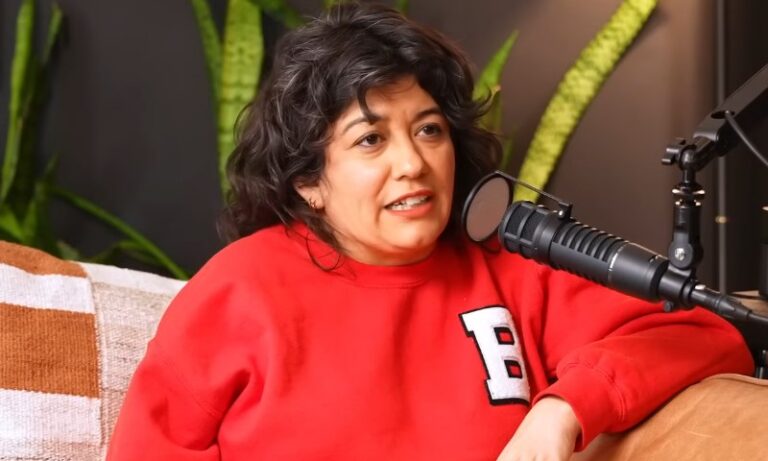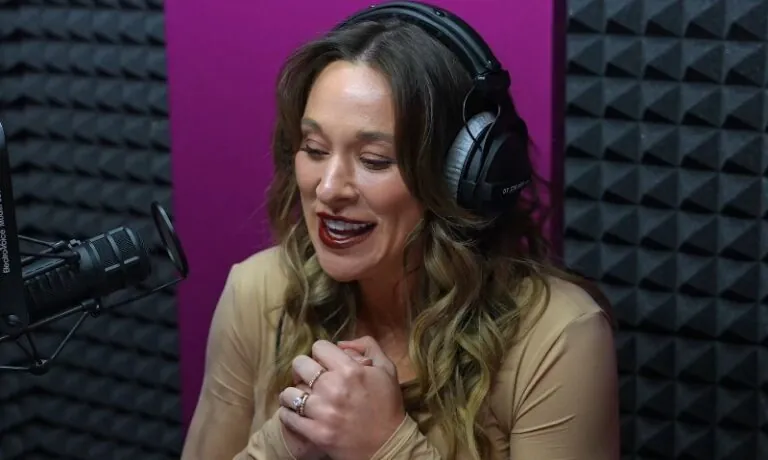Modern celebrities are no longer satisfied with the spotlight alone. In 2025, a growing number of actors and entertainers are building thriving business empires.
The shift is about long-term financial security, creative expression, and leveraging massive personal brands.
In a competitive entertainment industry, those who diversify are winning big.
That is why we feel it is important to talk about celebrities who are successful in juggling between acting and side hustles that bring them a lot of money.
1. Jessica Alba
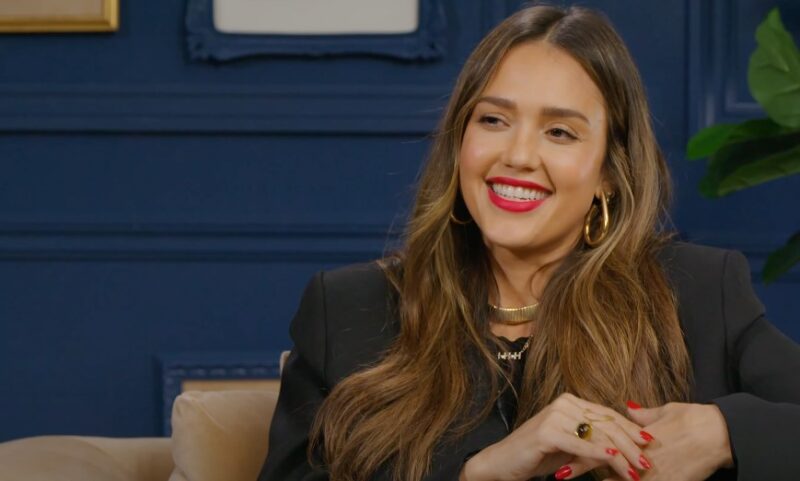
Jessica Alba transitioned from silver screen success to building a consumer goods company that disrupted how people think about household and personal care products.
Known for her roles in Fantastic Four and Honey, she stepped into entrepreneurship with a clear mission: offer safer alternatives and promote transparency in everyday essentials.
In 2011, she co-founded The Honest Company, entering a competitive space dominated by established names.
Alba identified a demand for clean ingredients in baby, beauty, and household items and filled that gap with purpose and precision. Her celebrity influence boosted visibility, but growth came through delivering consistent quality and building trust.
Key milestones and highlights:
- Founded: 2011, with a focus on clean, ingredient-conscious products
- Revenue: $85 million in Q2 of 2023
- Public offering: Now a publicly traded company
- Retail presence: Products available across major U.S. chains, including Target and Walmart
- Categories: Baby, personal care, household cleaning, and wellness
What she built wasn’t a vanity project. It was a scalable brand designed to offer solutions to everyday concerns.
Her success encouraged other public figures to move past endorsements and into ownership.
Anyone watching her path might think twice before doubting an actress’s ability to build a business empire, or make money as a YouTuber, for that matter.
2. Ryan Reynolds
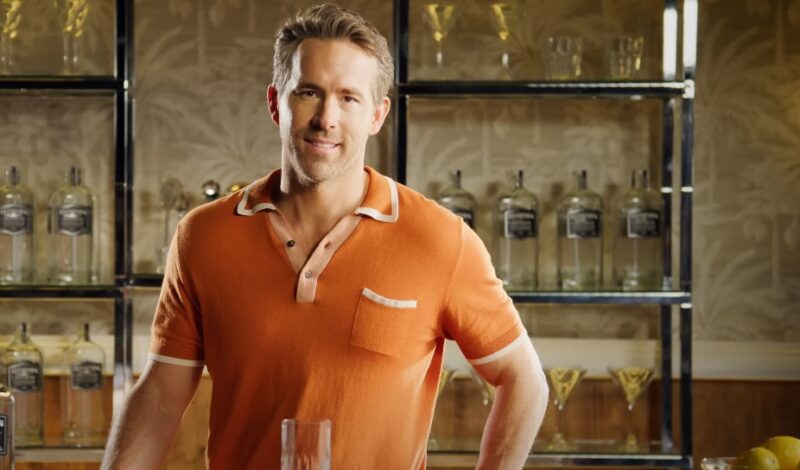
Ryan Reynolds operates like a veteran marketer disguised as an actor. His business decisions have consistently blended smart strategy with viral charm.
Aviation Gin marked his entry into high-growth consumer products. Instead of a typical endorsement, Reynolds took a substantial ownership role and infused the brand with personality.
Aviation’s witty, offbeat tone mirrored Reynolds himself. Diageo later bought the brand in a deal worth up to $610 million.
Then came Mint Mobile, a wireless carrier with low prices and irreverent ads. Reynolds did more than smile in commercials.
He sat at the table for strategic planning and drove much of the brand’s humor-focused outreach. T-Mobile eventually acquired the company in 2023 in a deal valued at $1.35 billion.
Business highlights include:
- Aviation Gin sold to Diageo in a deal up to $610M
- Mint Mobile acquired by T-Mobile for $1.35B
- Reynolds involved in creative, strategic, and promotional efforts
- Brands infused with wit, relatability, and a distinct tone
Reynolds reshaped the way celebrities operate in business. He didn’t just lend a face—he built brands that reflect a point of view.
Fame helped, but execution mattered more. He proved personal voice has power in product marketing.
3. Gwyneth Paltrow
Gwyneth Paltrow took a post-Oscar career turn that led straight into controversy, influence, and major business success.
Her brand, Goop, disrupts the wellness space with a mix of aspirational lifestyle content and bold product offerings.
Starting as a simple newsletter in 2008, Goop is now a multimillion-dollar company. It sells luxury wellness items, organizes lifestyle events, and even became the subject of a Netflix docuseries.
Some items spark debate, but that attention fuels brand recognition and consumer curiosity.
Goop’s evolution:
- Began as a personal newsletter in 2008
- Grew into a $250M wellness and lifestyle empire
- Offers beauty, supplements, home goods, and controversial health products
- Hosted summits and starred in its own Netflix series
Paltrow leaned into controversy rather than run from it. Wellness, as marketed through Goop, became both a business and a cultural conversation.
Fans and critics both watch closely, an ideal condition for long-term visibility and profitability.
She built a platform around belief, experimentation, and attention. Her model shows that with the right mix of timing and tenacity, a celebrity can transform personal interests into a scalable business force.
4. Dwayne “The Rock” Johnson
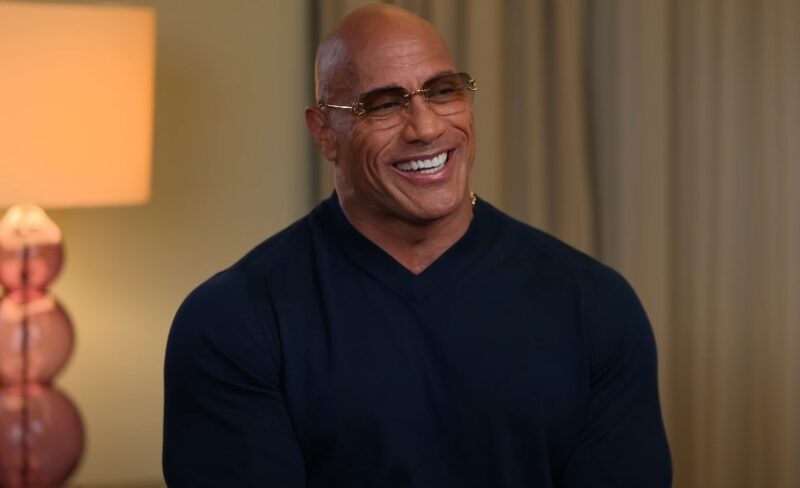
Dwayne Johnson approaches business like he approaches film roles—headfirst, with maximum intensity. His ventures reflect energy, drive, and a clear sense of brand.
Seven Bucks Productions, co-founded with Dany Garcia, launched to create content focused on resilience, action, and ambition.
The company has produced hits like Jumanji, Hobbs & Shaw, and various television projects. Johnson takes part in development, ensuring each project aligns with his larger narrative.
His tequila brand, Teremana, launched with grassroots energy and grew into one of the fastest-rising names in celebrity spirits. Small-batch production, fan interaction, and nonstop promotion helped the brand become a success story.
Key achievements include:
- Seven Bucks backed blockbuster franchises and original series
- Teremana emerged as a leader in the celebrity liquor space
- Marketing strategy rooted in storytelling, consistency, and social media dominance
His business moves carry the same forward momentum that defined his rise in wrestling and acting. Loyalty and strategy fuel his growing empire.
5. Rihanna
Rihanna became a billionaire by doing what many brands failed to do—listen. Her beauty and lingerie lines disrupted industries by actually meeting real consumer needs.
Fenty Beauty debuted with 40 foundation shades, immediately setting a new benchmark.
That one decision reshaped expectations in cosmetics and attracted millions of loyal customers. Sold in over 150 countries, the brand is now worth approximately $2.8 billion.
Her lingerie brand, Savage x Fenty, reflects the same values. Body positivity and bold aesthetics define both the product line and the marketing.
Fashion shows featuring models of all sizes, backgrounds, and genders have turned into major cultural moments.
Milestones in her business journey:
- Fenty Beauty valued at $2.8B
- Savage x Fenty includes Rihanna’s $270M equity stake
- Known for inclusive sizing and fashion-forward design
- Launched internationally with global distribution
Rihanna didn’t follow a blueprint—she wrote her own. She read the room before the room asked.
Her companies sell more than cosmetics and clothing—they promote empowerment. Strategic vision and purpose built her empire, not flash.
6. Selena Gomez – Rare Beauty & WonderMind
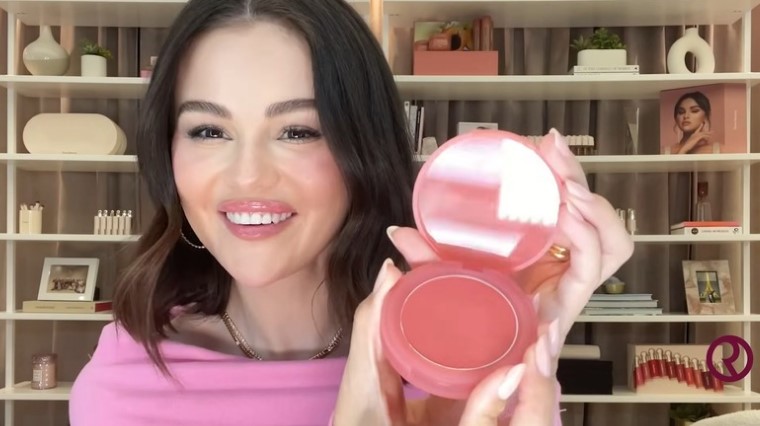
Selena Gomez transitioned from pop star and actress to thoughtful businesswoman with ventures that focus on emotional connection and impact.
Rare Beauty launched with a message—beauty without pressure. Campaigns promote mental health, product packaging includes affirmations, and Gomez herself shares unfiltered conversations with fans.
By 2022, the brand had already generated $70 million in sales, with projections pointing to triple growth.
WonderMind, created with her mother and friend, tackles mental health through content, education, and tools. It isn’t a celebrity platform—it’s a resource backed by lived experience.
Core elements of her brands:
- Rare Beauty tripled $70M sales figures
- Mental health focus built into brand identity
- WonderMind offers podcasts, editorials, and mental fitness resources
- Gomez speaks openly about anxiety and bipolar disorder
She proves that vulnerability can be a strength in business. Her brands connect emotionally while still driving impressive growth.
7. Mark Wahlberg – Wahlburgers & Car Dealerships
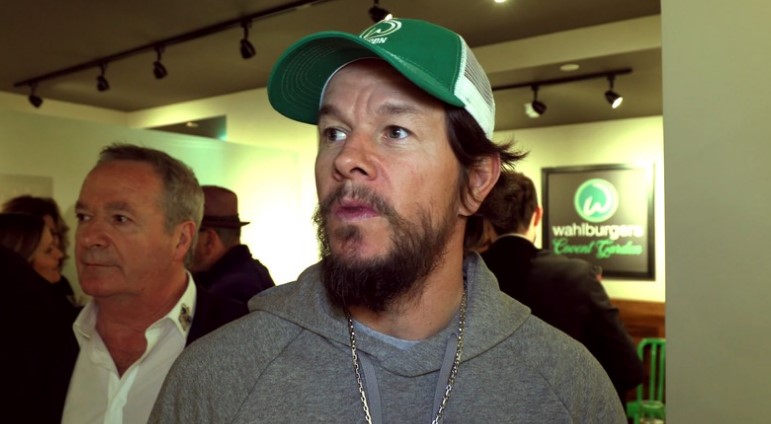
Mark Wahlberg built his business reputation like he built his acting career—by working harder than anyone else.
He took his name and applied it to industries built on everyday loyalty:
- Burgers
- Cars
Wahlburgers began as a modest family eatery. After a reality TV boost, it expanded across the country.
With dozens of locations and a reputation for accessible comfort food, Wahlburgers stands as one of the more grounded celebrity brands.
His car dealerships, mostly in Ohio, extend that philosophy. Wahlberg doesn’t just license his name—he shows up in person, takes photos with customers, and participates in local promotions.
Key features of his business model:
- Wahlburgers expanded into dozens of U.S. cities
- Branded as a casual, approachable burger chain
- Chevrolet dealerships focused on affordability and blue-collar values
- Wahlberg actively involved in outreach and customer experience
Wahlberg’s business moves echo his public persona. Honest. Direct. Focused. By betting on sectors that serve real needs, he’s built businesses with staying power—and broad consumer trust.
8. Drew Barrymore – Flower Beauty & Kitchenware
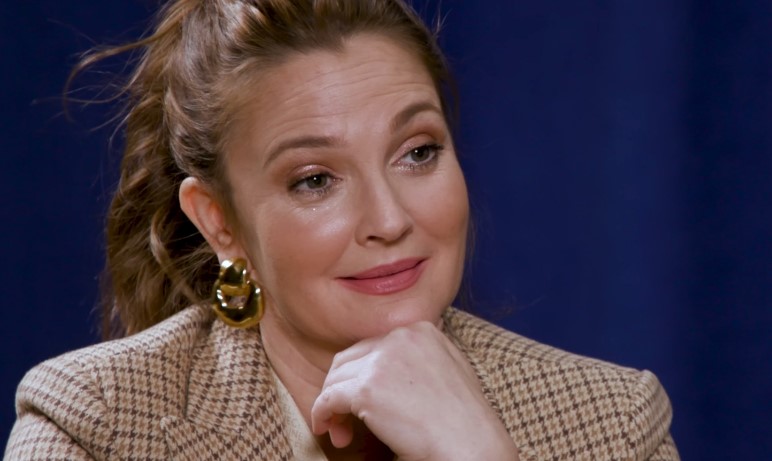
Drew Barrymore took her status as a beloved actress and used it to build brands that feel personal, inviting, and attainable. Her product lines reflect who she is—honest, accessible, and fun.
Flower Beauty was born with a mission to make luxury-quality makeup available at drugstore prices. Consumers responded.
The products earned praise, expanded into CVS and Ulta, and reached $50 million in annual sales.
Her kitchenware line under the Beautiful brand followed the same formula. Colorful, affordable, and sold at Walmart, it brought style to home essentials without intimidating buyers with pricing or exclusivity.
Highlights of Barrymore’s business success:
- Flower Beauty reached $50M in annual sales
- Products sold at major U.S. retailers
- Beautiful kitchenware line marketed for affordability and design
Barrymore promotes her brands directly via her talk show and social media
Barrymore turned likability into leadership. Her audience trusts her not because of prestige, but because of sincerity.
That trust has turned into real buying power, and two growing product lines that show no signs of slowing down.
Summary
Actors in 2025 aren’t just movie stars. They’re CEOs, founders, and visionaries who balance screen time with boardrooms.
These celebrities didn’t settle for brand deals or passive investments; they rolled up their sleeves and built real businesses.
Each story reveals how talent, passion, and influence can evolve into long-lasting empires.
The traditional line between Hollywood and Wall Street has faded. Today’s entertainers are reimagining what success looks like—and they’re doing it on their own terms.
Related Posts:
- Top 8 Podcasts to Help You Make Money on the Side in 2025
- 10 Most Popular Celebrities from the Philippines:…
- 10 Celebrities With Watch Collections That Will Blow…
- Best 10 Podcast Microphones for 2025 - Elevate Your…
- How Can You Listen to Joe Rogan Podcast Without…
- Dax Shepard’s 2025 Net Worth - Everything You Need to Know
